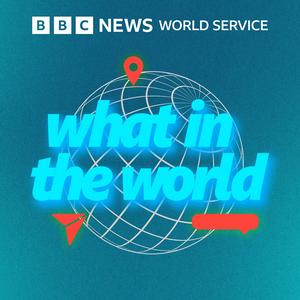The gig economy is booming. This is where people get paid per job - and use an app to get their work. Most commonly it’s used for food delivery and taxis. India's gig workforce is 12 million strong and expected to double to 24 million by 2030.
But recently thousands of gig workers in Delhi led massive protests over their pay and working conditions. They were also upset about the pressures of having to deliver products within 10 minutes - a guarantee some companies had initiated to try to get an edge in a very competitive market. Meghna Kanwar, a Brut journalist in India, explains some of their complaints - and how the government and companies responded.
And it’s not just India; there have been gig worker protests all over the world in the last few years, including in the US, UK, Brazil, South Africa, China and Indonesia. Nathalia Jimenez, our BBC business reporter in New York, tells us what some of them were about - and whether they made a difference.
We also hear from Mu'nisah Ujima, a food delivery driver in Atlanta, USA, on some of the upsides and downsides she experiences.
Instagram: @bbcwhatintheworld
Email:
[email protected]WhatsApp: +44 330 12 33 22 6
Presenter: Iqra Farooq
Producers: Julia Ross Roy, Benita Barden, Ash Mohamed and Chelsea Coates
Video Journalist: Baldeep Chahal
Editor: Verity Wilde


